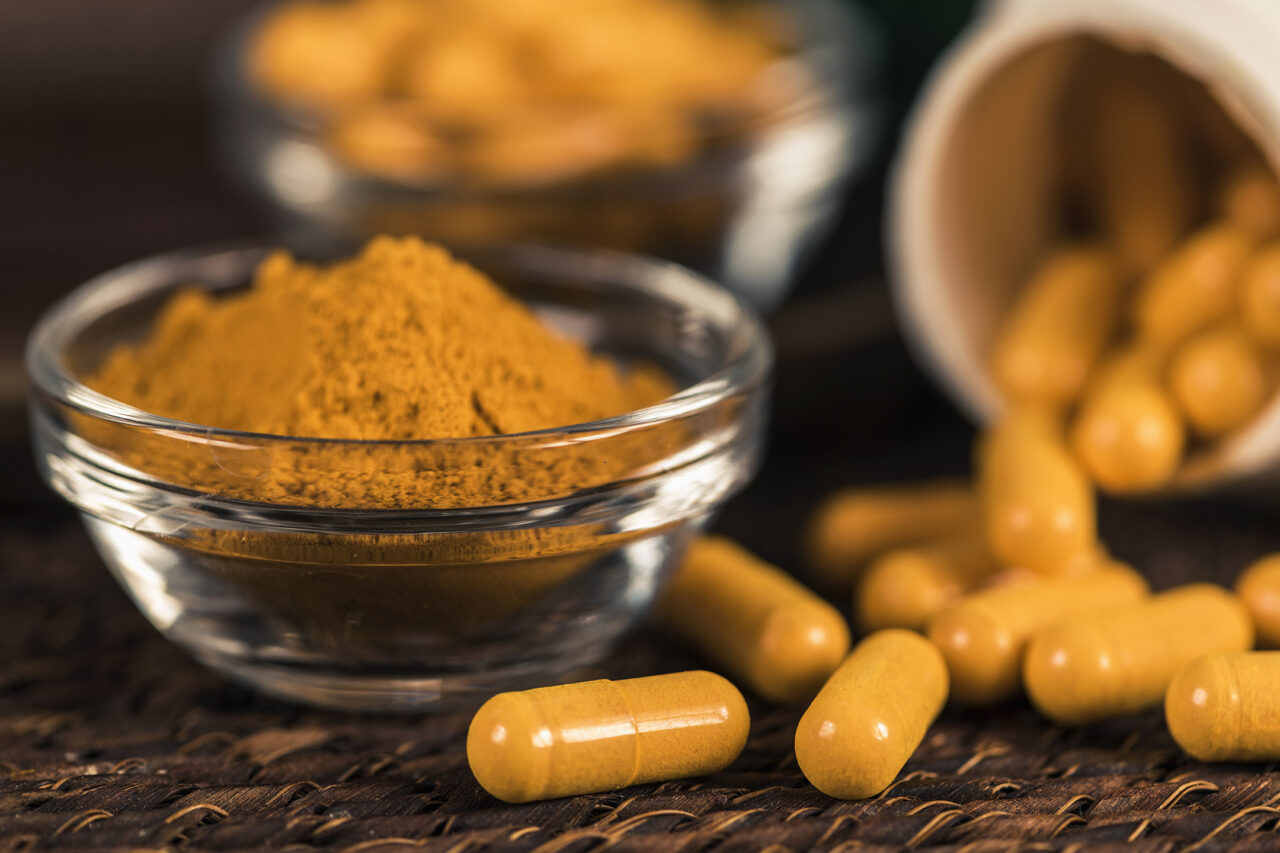 By Jaysonn Vel, MS3, UTMB and Samuel Mathis, M.D., UTMB
By Jaysonn Vel, MS3, UTMB and Samuel Mathis, M.D., UTMB
Inflammatory Bowel Disease (IBD) is an increasingly common intestinal condition characterized by a relapsing and remitting course of abdominal pain with a change in bowel habits. It affects millions of individuals and has severe effects on quality of life with an increase in morbidity and risk of colorectal cancer. There are two variants of IBD that are defined according to location and depth of intestinal involvement – Crohn’s Disease (CD) and Ulcerative Colitis (UC). Crohn’s Disease can affect the GI tract from mouth to anus, but most often involves the terminal ileum and has transmural intestinal involvement. Ulcerative Colitis  most often involves the rectum and is usually restricted to the colon in an ascending pattern without transmural involvement. Conventional treatment for IBD includes corticosteroids, immune modulators, biologic agents, and sometimes surgery and resection of the diseased tissue. Unfortunately, many of these therapies do not lead to sustained remission, can have a significant financial burden, and can increase the risk of infection or certain cancers. Many patients with IBD turn to complementary and integrative medicine (CIM). These therapies can include probiotics, prebiotics, vitamins, and various botanicals such as aloe vera, Boswellia, and curcumin among others.
most often involves the rectum and is usually restricted to the colon in an ascending pattern without transmural involvement. Conventional treatment for IBD includes corticosteroids, immune modulators, biologic agents, and sometimes surgery and resection of the diseased tissue. Unfortunately, many of these therapies do not lead to sustained remission, can have a significant financial burden, and can increase the risk of infection or certain cancers. Many patients with IBD turn to complementary and integrative medicine (CIM). These therapies can include probiotics, prebiotics, vitamins, and various botanicals such as aloe vera, Boswellia, and curcumin among others.
Curcumin, or diferuloylmethane, is a polyphenol compound found in the root of the Turmeric (Curcuma longa) plant, a spice with a wide variety of uses in Asian countries from cooking, textile dye, and natural medicine. Curcumin supplementation has been shown to provide benefits to individuals suffering from inflammatory diseases and metabolic syndrome through its potent antioxidant and anti-inflammatory effects at the cellular level. Curcumin is recognized by the FDA as safe for human consumption. Its use as a therapeutic option is stymied by poor bioavailability – it tends to be poorly absorbed and rapidly metabolized.
In clinical settings, Curcumin has been found to reduce intestinal inflammation and promote induction of remission in inflammatory bowel disease, especially for ulcerative colitis. This is achieved through its suppression of the NF-kappaB immune modulators as well as IL-1 and TNF-alpha activity suppression. Curcumin and mesalamine led to an endoscopic remission rate almost three times higher compared to placebo and mesalamine. A randomized double-blinded study in Japan involving the curcumin derivative Theracurmin saw significantly higher rates of clinical remission, significantly improved healing of anal lesions, and significantly decreased Crohn’s Disease severity. Adverse effects for curcumin therapy were mild and included a temporary increase in bowel movements, nausea, and bloating. Limitations of the existing research include small study sizes, bias in existing studies, and heterogeneity in study design especially within dosages of administered Curcumin.
The low bioavailability of Curcumin presents a major challenge. Within the GI tract, Curcumin binds to the mucus lining of the gut thereby slowing its absorption and increasing metabolism by the gut microbiome. New formulations of curcumin are being developed to address this. Coadministration of piperine, a substance found in black pepper, with curcumin significantly increases bioavailability. It is possible that rectal administration via enema of Curcumin could have better bioavailability than an oral route but may come at the expense of patient comfort or adherence. Another potential limiting factor in patient compliance is the frequency of dosing. Typical curcumin supplementation requires supplementation three times a day.
The Turmeric (Curcuma longa) plant has been used as a natural medicine in Asia for thousands of years – the active component within the rhizome is the potent antioxidant and anti-inflammatory curcumin. Curcumin has the potential to serve as a lower cost and efficacious treatment for inflammatory bowel disease through its ability to modulate the signaling of inflammatory molecules and alter the activation of immune cells involved in intestinal inflammation. This targeting of the potential cause of IBD offers some hope for those who have not had success with prescriptive therapy alone. It is important to remember that this is an adjunct to current therapy and not a replacement. Beyond IBD, Curcumin is being investigated as a therapeutic agent for systemic inflammatory conditions like metabolic syndrome, rheumatoid arthritis, and cancers including pancreatic cancer, prostate cancer, and colorectal cancer. More research is needed, especially larger clinical trials to better evaluate the efficacy of curcumin.
Citations
Chandan, Saurabh, et al. “Curcumin Use in Ulcerative Colitis: Is It Ready for Prime Time? A Systematic Review and Meta-Analysis of Clinical Trials.” Annals of Gastroenterology, Hellenic Society of Gastroenterology, 2020, www.ncbi.nlm.nih.gov/pmc/articles/PMC6928475/.
Sugimoto, Ken, et al. “Highly Bioavailable Curcumin Derivative Ameliorates Crohn’s Disease Symptoms: A Randomized, Double-Blind, Multicenter Study.” OUP Academic, Oxford University Press, 15 May 2020, academic.oup.com/ecco-jcc/article-abstract/14/12/1693/5837560.


